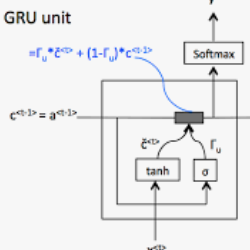Twitter is currently a popular online social media platform which allows users to share their user-generated content. This publicly-generated user data is also crucial to healthcare technologies because the discovered patterns would hugely benefit them in several ways. One of the applications is in automatically discovering mental health problems, e.g., depression. Previous studies to automatically detect a depressed user on online social media have largely relied upon the user behaviour and their linguistic patterns including user's social interactions. The downside is that these models are trained on several irrelevant content which might not be crucial towards detecting a depressed user. Besides, these content have a negative impact on the overall efficiency and effectiveness of the model. To overcome the shortcomings in the existing automatic depression detection methods, we propose a novel computational framework for automatic depression detection that initially selects relevant content through a hybrid extractive and abstractive summarization strategy on the sequence of all user tweets leading to a more fine-grained and relevant content. The content then goes to our novel deep learning framework comprising of a unified learning machinery comprising of Convolutional Neural Network (CNN) coupled with attention-enhanced Gated Recurrent Units (GRU) models leading to better empirical performance than existing strong baselines.
翻译:公共生成的用户数据对医疗技术的总体效率和有效性也产生了负面影响。为了克服现有自动抑郁症检测方法的缺陷,我们提议了一个新的自动抑郁症检测计算框架,首先通过混合的采掘和抽象的汇总战略选择相关内容,即所有用户推文的顺序,导致更加精细和相关的内容。随后,内容进入了我们新的深层次学习框架,其中包括由Convolutional Neural 网络组成的统一学习机制,以及引人注意的General-compresident(GRU)模型,比现有的强的基线更好。



